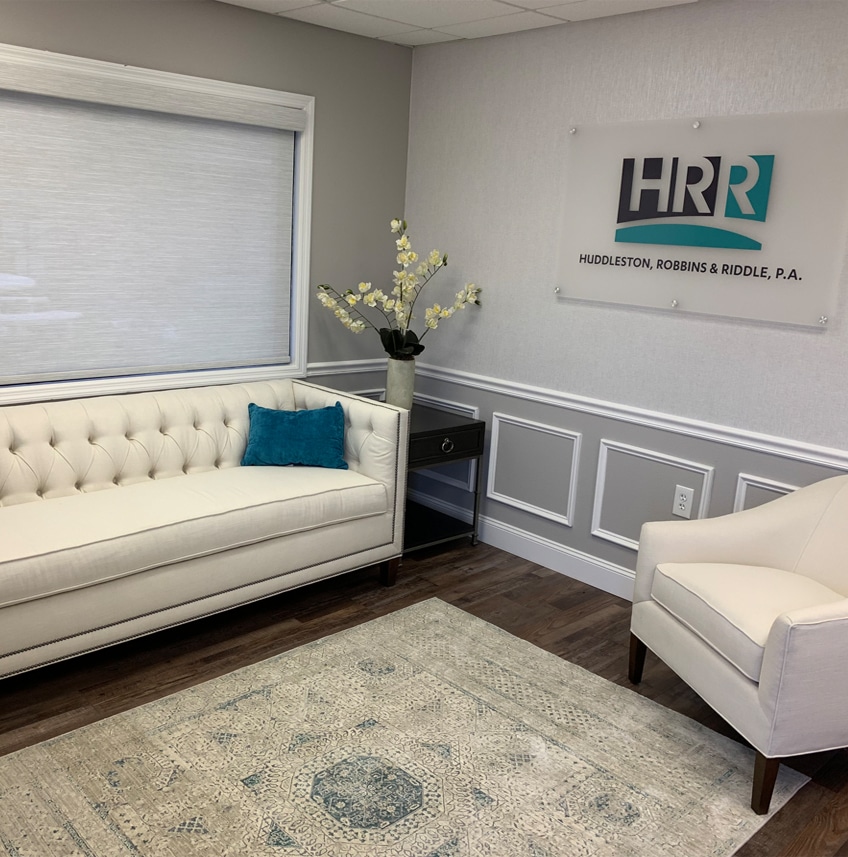Alcohol Use and Disability

Category: Disability Law
- 15 Jan 2024
- Posted By WebSiteAdmin
Alcohol Use Disorder (AUD) is defined as an uncontrollable compulsion to consume alcoholic beverages. The person is mentally and physically addictive to the substance and sudden abrupt discontinuance could cause serious harm. We all have known someone close to us with this problem. It can ruin lives.
So, does Alcohol Use Disorder qualify a person for disability? The short answer is no. But, if they have destroyed their body or mind’s ability to work and function in society, there may be medical grounds that qualify them for assistance.
Almost 15 million Americans are considered to be alcoholics according to the 2018 National Survey on Drug Use and Health (NSDUH). Many of them are still able to work and earn a living. You have heard the term “functioning alcoholic” most likely. Drinking alcohol on a regular sustained period of time can result in:
- brain damage or atrophy
- heart disease
- eye issues
- sexual dysfunction
- immune system issues
- bone damage
- digestive problems
- birth defects
- diabetes
The Social Security Administration does not currently classify alcohol consumption disorder as a disability, and it is not included as a debilitating medical condition in Social Security’s Blue Book.
Simply put, a person cannot qualify for disability because of alcoholism alone. They would only qualify due to physical or mental limitations which coincidently may have been caused by alcohol use.
Long term alcohol use can damage the user and can result in the following conditions which are considered disabilities:
- depressive syndrome
- severe liver disease
- pancreatitis
- anxiety disorder
- gastritis
- seizures
As with applying for disability under any condition, the affected person must establish their condition and inability to work over a period of time with a physician. There must be a proven track record. Essentially, you are making a case and you are proving your case with a documented history.
A person who is addicted to alcohol may struggle to do every day chores and errands. In this sense they are disabled. But until they are documented physically or mentally disabled they simply do not qualify for disability assistance.
If you need legal assistance during this process then do not hesitate to contact a professional disability attorney near you. Attorneys get much better results than the person going at it alone.








